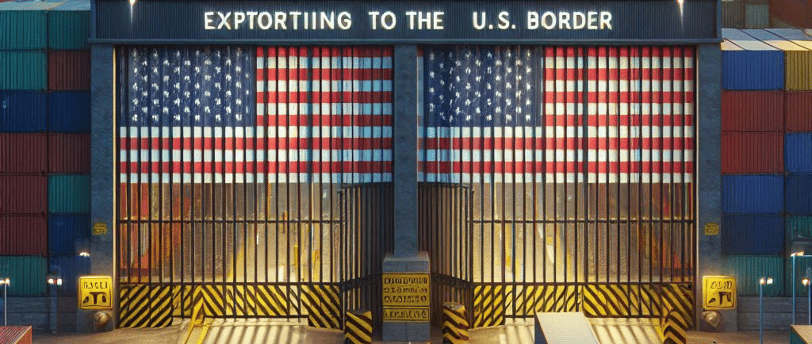Elections in the USA: Trump, the political risk in the wine trade
On the surface, the American market seems to be an ideal outlet for French and European wine and spirits exporters. But history, both ancient and recent, has shown that this historic partner for European countries is far from being a given.


The world's largest consumer market by volume, a country with strong purchasing power and a Western culture... On the surface, the American market seems to be an ideal outlet for French and European wine and spirits exporters.
But history, both ancient and recent, has shown that this historic partner for European countries is far from being a given. Indeed, when it comes to economic, diplomatic or foreign trade policy, protectionism is a weapon used and abused by American politicians.
Trump and French wine
D. Trump's first term in office (2017-2021) has been marked by a marked protectionist policy, which has particularly affected French wines. Dubbed the “Trump taxes”, the increase in customs duties on still French wines can be explained by a context of trade and political tensions around several issues.
Tensions in the aeronautics industry between Boeing and Airbus. In the early 2000s, the two companies launched proceedings concerning possible public subsidies that each would have improperly received. In March 2019, President Trump, encouraged by Boeing's management and following a favorable ruling by the WTO (World Trade Organization), decided to apply additional import duties to aircraft manufactured by Airbus.
The French “GAFA” tax (taxes on digital services. adopted in July 2019 by the French Parliament. This tax, which was intended to tax data resale revenues in particular, resulted in a heavier tax burden for American tech companies.
In October 2019, Trump taxes were applied to French wines and spirits in retaliation for the GAFA taxes. These taxes specifically targeted still, bottled wines.
Joe Biden's term in office: an apparent truce?
J. Biden's election in 2020 raised hopes among French producers, who had been hit hard by taxes that had eroded margins and reduced shipment volumes. Losses to the French industry were estimated at between 400 and 500 million euros.
In March 2021, the Biden administration suspended additional taxes on French wines and spirits for 4 months. But a suspension did not mean that the measures had been definitively abandoned. Although in June 2021, with improved trade relations with the European Union, the suspension was extended until 2026, the Trump taxes still hang like a sword of Damocles over the French wine industry.
Donald Trump 2024-2028: a persistent trade risk for French wine
D. Trump's re-election in 2024 is causing a resurgence of strong pessimism in the French wine industry. No one yet knows whether the 47th American president will re-apply these taxes, quickly or otherwise. But his recent statements suggest that the situation will not be easy for players who depend heavily on the United States.
While a risk will persist for at least several months, this instability in trade policy should call for the utmost caution on the part of French exporters. The United States, despite a feeling of great proximity linked to historical relations, remains a risky and highly competitive market.
Social networks
The Global Wine Exporter©
2024 All rights reserved © The Global Wine Exporter


